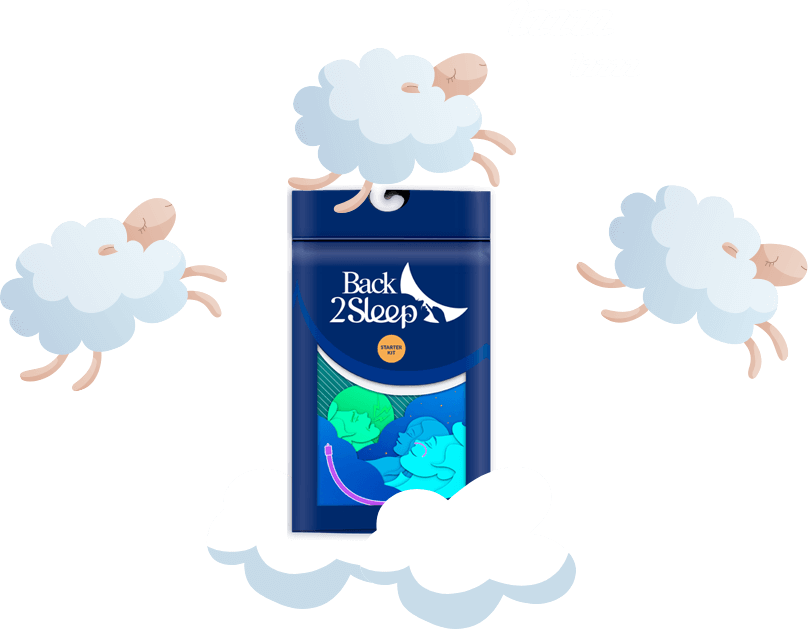Diagnosis of sleep apnoea is essential for effective treatment of this condition. If you are experiencing symptoms such as loud snoring, interruptions in breathing during sleep, excessive daytime sleepiness and fatigue, it is important to consult a healthcare professional for an accurate diagnosis.
The following are the general steps in the process of diagnosing sleep apnoea:
-
Medical history assessment: The health care provider collects information about your medical history, lifestyle, sleep patterns and current symptoms. He or she will ask questions about your snoring, breathing during sleep, fatigue and daytime sleepiness.
-
Physical examination: The healthcare professional will examine your mouth, nose and throat for signs of sleep apnea, such as enlarged tonsils or abnormal nasal structure.
-
Sleep study: The sleep study, also called polysomnography, is considered the gold standard test for diagnosing sleep apnoea. This study records your brain activity, breathing, heart rate, eye and muscle movements, and other body functions while you sleep. This study is usually done in a sleep laboratory, but portable home devices are also available.
-
Apnoea-Hypopnoea Index (AHI) Assessment: The AHI is the number of apnoea or hypopnoea episodes per hour of sleep. If your AHI is greater than five, it may indicate a sleep-disordered breathing disorder.
-
Assessing the severity of sleep apnea: If your diagnosis is confirmed, your healthcare professional will assess the severity of your sleep apnea. Sleep apnoea is usually classified according to the number of apnoea or hypopnoea episodes per hour of sleep.
- Determining appropriate treatment: Depending on the severity of your sleep apnea, your general health and other factors, your healthcare professional will determine the appropriate treatment for you. Treatment options for sleep apnea include continuous positive airway pressure (CPAP) therapy, oral devices, surgery and lifestyle changes.
It is important to understand that the treatment of sleep apnoea is individualised to each patient. It is therefore essential to consult a health professional for proper diagnosis and treatment.
Who prescribes a sleep apnoea test?
A sleep apnoea test is usually ordered by a doctor who specialises in sleep disorders, such as a pulmonologist, ENT specialist, or neurologist. These health professionals can assess your symptoms and medical history to determine if a sleep apnoea test is necessary.
For a sleep apnoea consultation, the doctor will start by performing a full physical examination to check for any physical problems that may be causing sleep apnoea. Next, the doctor will ask you questions about your sleep patterns and the symptoms you are experiencing.
How does a consultation for sleep apnoea work?
If the doctor suspects that you have sleep apnoea, he or she may order a sleep apnoea test to confirm the diagnosis. The test can be done at home or in a laboratory specialising in sleep disorders.
In the case of a home sleep apnoea test, you will be provided with a device that monitors your breathing during the night. The device records data on the number of apneas you have, the duration of each apnea, and the amount of oxygen in your blood. You will return the device to your doctor after the night of testing for further analysis.
If you are to be tested in a laboratory, you will spend the night in a special room equipped with monitoring equipment to record your movements, oxygen levels and other important measurements while you sleep.
Once the sleep apnoea test is complete, the doctor will analyse the results and inform you if you have sleep apnoea. If so, he or she will discuss treatment options with you to help you better manage the symptoms and improve your quality of life.

- Een selectie kiezen resulteert in het geheel verversen van de pagina.
- Opent in een nieuw venster.







